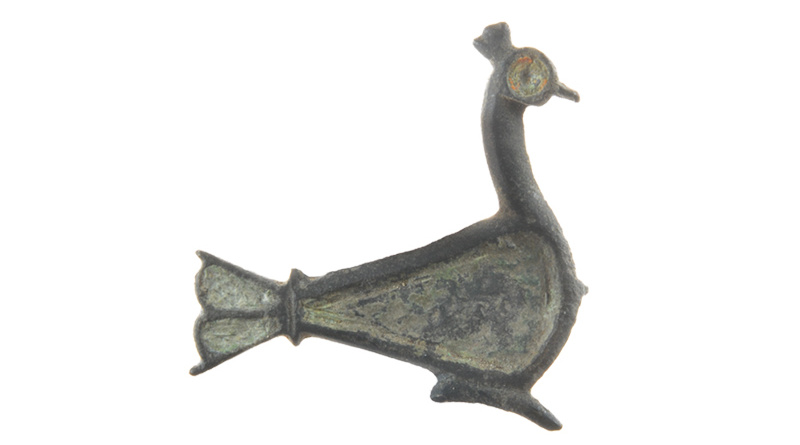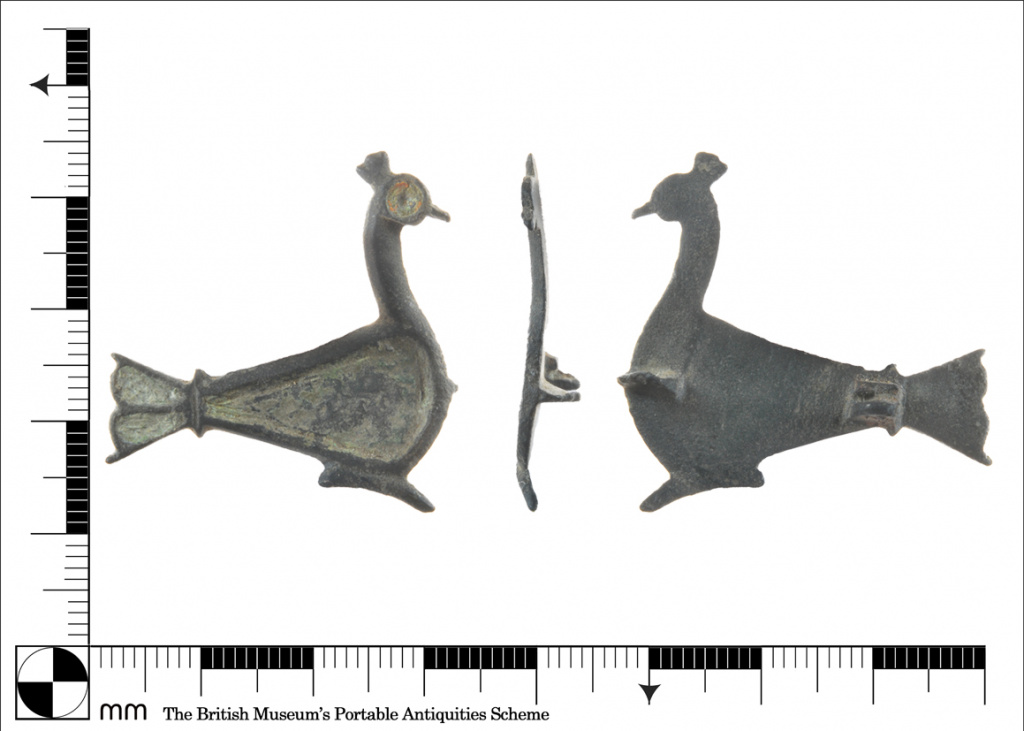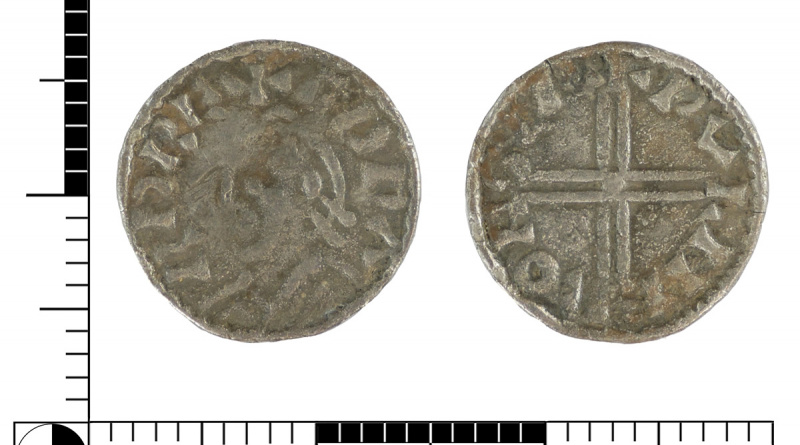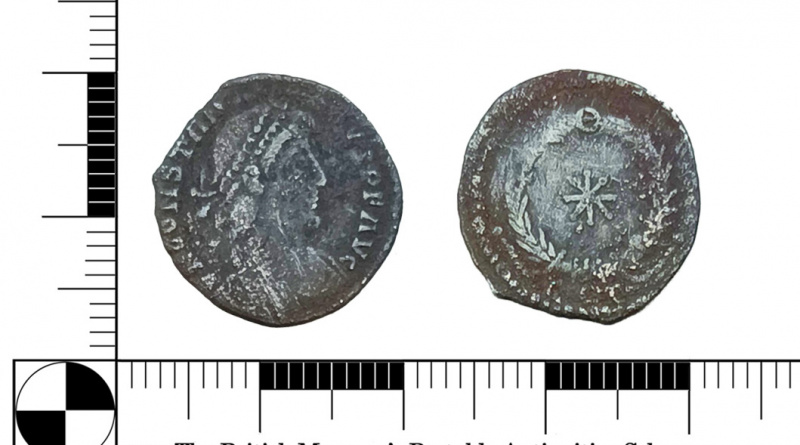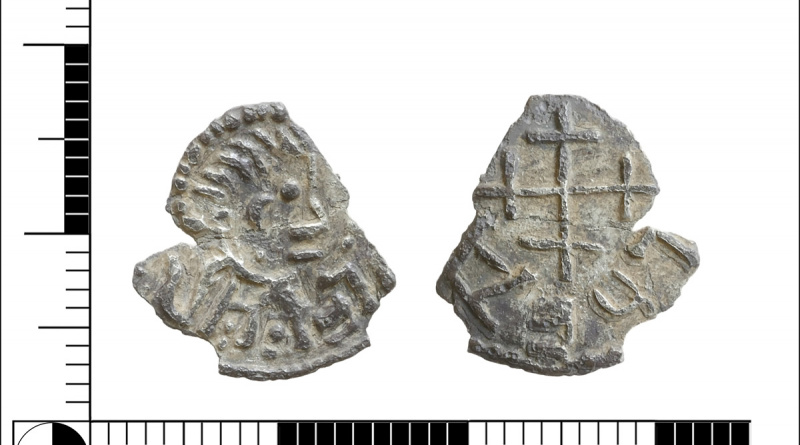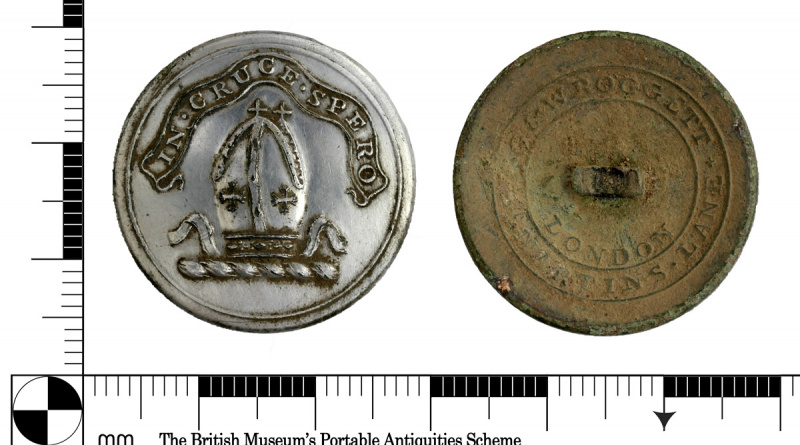PAS Review: week ended 29 July 2022
PAS Review: week ended 29 July 2022
My selection of the detecting finds recorded at the PAS during the week ended 29 July 2022.
Featured Find
Roman peacock brooch
Object type: Brooch
Period: Roman
Primary material: Copper alloy
Date found: 25/06/2022
Location: Test Valley, Hampshire
A copper-alloy and enamel brooch in the form of a peacock dating to the 2nd century AD. It has been designated a Find of Note of Regional Importance.
Peacock symbolism
The Romans seem to have particularly liked the peacock as it a common feature on mosaics and frescos. The bird is associated with the Roman goddess Juno (and her Greek counterpart, Hera). The story goes that Juno was displeased by her watchman, Argus, and transferred his 100 eyes to the peacock.
There was a belief at the time that the flesh of the peacock did not decay. Also, its tail feathers regrew each year. This led the peacock to symbolise immortality and renewal.
Selection of other finds
Penny of Edward the Confessor
The reverse reads PVLMÆR ON SCR giving the moneyer as Wulfmaer and the mint as Shrewsbury. It is only the second coin of Edward the Confessor from the Shrewsbury mint to be recorded by the PAS and has been designated a Find of Note of County Importance.
Contemporary copy of siliqua of Constantius
There are a few features that suggest that this is an irregular issue; the weight, the lettering and the reverse type (normally reserved for a junior emperor) with the obverse of Constantius II. It has been designated a Find of Note.
Penny of Coenwulf of Mercia
A portrait type penny of Coenwulf; moneyer Ceolhard at the mint of London. It is only the fifth coin of its type to be recorded at the PAS and has been designated a Find of Note of Regional Importance.
Button of Arthur Kett Barclay
A 19th century button depicting a bishop’s mitre and legend IN CRUCE SPERO, which is the motto of the Barclay family of Bury Hill, Dorking (near the find site). Given the date of the button, it is most probably attributable to Arthur Kett Barclay. He ran a brewing company and was a keen astronomer, having an observatory built at the family home.

